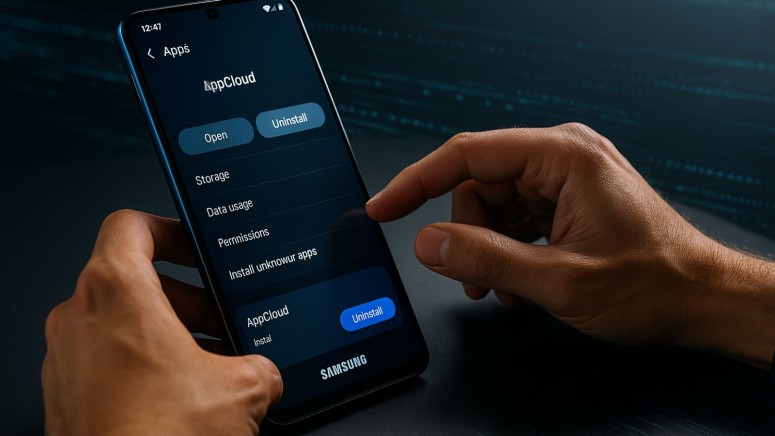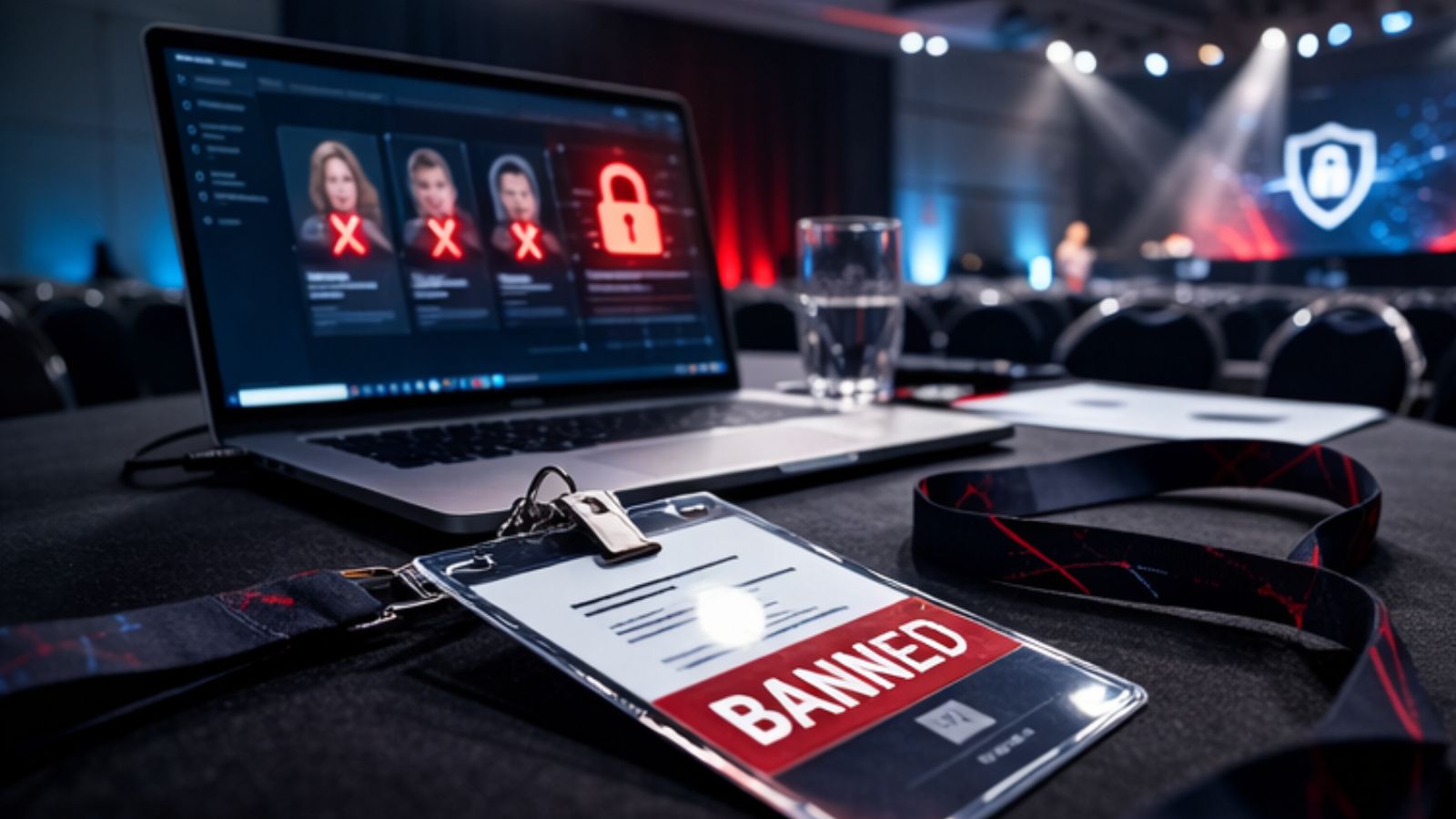
Samsung’s Pre-Installed AppCloud Sparks Surveillance Controversy Despite No Verified Evidence of Malicious Activity
Key Takeaways
- Core issue: Controversy has arisen over the pre-installed AppCloud software on certain Samsung Galaxy devices, deemed difficult or impossible to remove.
- Developer: The AppCloud application is developed by ironSource, an Israeli-founded company now owned by Unity.
- Public concern: The inability to uninstall the software and its system-level integration have led to public criticism and claims of "spyware."
A Samsung AppCloud controversy stemmed from criticism over the inclusion of the pre-installed software on its Galaxy A and M series devices. The controversy centers on the application's developer, ironSource, an Israeli-founded entity now part of Unity, and the fact that the app cannot be easily uninstalled by users.
This has led to a significant public outcry on social media, with many labeling the software as "unremovable spyware," although there is currently no verified evidence to support these claims of espionage or government surveillance.
Details on Unremovable App Concerns
The primary issue fueling the debate is the software's deep integration into the device's operating system. The users’ inability to control the software on their own devices is at the heart of the controversy.
According to reports from various sources, digital rights organizations like the SMEX NGO alleged that AppCloud is embedded in a way that prevents standard removal procedures and that the application cannot be deleted without advanced methods like rooting the device.
Furthermore, there are claims that the software may reinstall itself automatically following system updates, compounding user frustration and amplifying transparency concerns.
Unverified Claims and Lack of Official Response
While the Samsung AppCloud controversy grows, it has been fueled by unconfirmed rumors regarding the application's data collection practices and potential bans in certain countries. The lack of clear communication and the app's persistent nature have created an information vacuum, allowing speculation to spread.
Neither Samsung nor Unity has issued an official comment on the matter, leaving users and security researchers awaiting clarification on the purpose and function of the ironSource pre-installed software on Galaxy A and M series devices.
In April this year, a Samsung Germany data breach exposed the information of over 216,000 customers, and a critical zero-day in Bubble.io exposed user data across major enterprises, including Unity, to risk.









